Research Experiences for Teachers (RET)
The National Science Foundation (NSF) RET program encourages the active participation of K-12 and community college educators in ongoing engineering, science, and/or computer science research activities at host universities around the nation. NSF RET Sites include pre- and/or in-service K-12 teachers and community college educators as participants. For this RET at the University of Illinois at Chicago (UIC), high school and community college educators are eligible to apply. The goal of this NSF RET program is for high school science, technology, and mathematics teachers and community college faculty to enhance their scientific disciplinary knowledge in science, technology, engineering, and mathematics (STEM), and translate their research experiences into classroom activities and curricula. At the same time, the faculty from UIC will deepen their understanding of classroom practices, current curricula, pedagogy, and high school and community college educational environments. The UIC has a robust RET program for high school and community college teachers, who would like to explore computational modeling and simualtions (CMS) applications in high school and community college curricula.
Training STEM Teachers in CMS
Education plays a vital role in the development of high-tech professionals for current and future technologies. In particular, CMS through the study of technology, will promote the use of higher order thinking skills, the integration of academic areas, and a broader focus in areas necessary for future economic growth in the US. As such, CMS and analysis could become major components of the technology education curriculum. Computational education fills a skill gap in which many job openings exist amid a lack of qualified applicants.
This RET site offers opportunities for STEM teachers, working with faculty mentors and industry professionals, to engage in multidisciplinary CMS in STEM research activities. Through this RET program, high school STEM teachers and community college faculty educators, especially those from underrepresented groups, will be trained to develop computational research skills, while gaining knowledge of advanced science and technology concepts in data analysis and CMS in STEM fields. RET educators will be exposed and contribute to the advances of cutting-edge research on CMS projects mentored by faculty mentors and an education advisor. Seminars from the industry professionals, and professional development activities will also be provided, so teachers learn about industry needs, core concepts, and collaborative lesson design.
In this RET Site, targeted participants are high school science, mathematics, and computer science teachers and community college faculty. It is anticipated that participating educators, and students, who would ultimately receive instruction as part of the grant funding, will come to regard CMS as a fundamental tool in STEM education and learning, especially as computational power continues to increase. In this way, students will become more adequately prepared for careers in STEM. The goals of this project are threefold: (1) introduce CMS as a powerful tool for STEM education and learning; (2) prepare teachers to increase the role of CMS in classroom teaching; and (3) motivate high school and community college students to consider STEM as a career path. It is exptected to establish long-term collaborative partnerships among UIC, community colleges, school districts, and local industries in the city of Chicago and its suburbs to bring STEM knowledge in the CMS to high school and community college classrooms.
The goals of the RET Site will be achieved through research training of high school STEM teachers and community college faculty in a 6-week summer program and post-program translation of their research experiences into high school and coummunity college classrooms. STEM educators will be engaged in hands on research experience in CMS through the cutting-edge research projects. The RET participants will then translate the acquired research experiences and knowledge into their classrooms to encourage students, especially those from the underrepresented groups, to pursue STEM degrees and careers. The RET site serves as a long-term network among mentors, educators, and industrial partners, which will eventually benefit high school and community college students' perception of STEM careers. In addition, UIC graduate students will support classroom activities and community outreaches.
Over a three year period, from 2025 to 2028, this RET Site will host a total of 30 high school and community college STEM educators to conduct research in the field of CMS at UIC 1) Chemical Engineering, 2) Civil, Materials, and Environmental Engineering, 3) Mechanical and Industribal Engineering, and 4) Chemistry labratories during the summer program. Through this RET program, STEM teachers, especially those from underrepresented groups, will be trained to develop computational research skills, while gaining knowledge of advanced science and technology concepts in CMS utilized in various proejcts. These projects focus on areas including but not limited to:
(1) Nanotechnology, (2) Data-driven modeling and machine-learning, (3) Drug design and delivery, (4) Biomechanics, (5) Environmental engineering, (6) Computational chemistry, and (7) Environmental electrochemistry. These areas involve using high performance CMS.
In addition to meeting with the faculty mentor, and an education advisor, weekly professional development seminars deliverved by industry professionals will be organized to train the teachers to translate RET outcomes into STEM education through enhancement of the current curricula. It is expected that these activities will significantly assist teachers to encourage more students to pursue STEM degrees and careers by using practical examples. RET teachers will be exposed and contribute to the advances of cutting-edge research on various projects mentored by both faculty mentors and industry professionals. The expected tangible outcomes of the project are to bring CMS curriculum in the city of Chicago and suburbs high school and community college classrooms through the trained RET teachers and involve those teachers in scientific and educational publications.
About
Support for Research Activities:
1. $6,800 stipend for participation in the six-week summer program, and $1,200 upon completion of the implementation and evaluation activities during the following academic year
2. $600 supply fund (for use during summer and following academic year)
3. Travel grants available for participation in meetings or conferences
4. Continuing education credit
5. Access to necessary software, computers, and computational laboratories during the course of the project
Requirements:
1. Perform at least 30 hours/week (4 days a week in-person, and 1 day a week remote) to conduct research with a faculty mentor for 6 weeks, program dates: Mon, 6/22, to Fri, 8/7, excluding the week of July 4th (6/29-7/3).
2. Attend professional development semianr/workshop every Thursday.
3. Design standards-based curriculum elements.
4. Present at summer research expo, which will be held at UIC in the 6th week of the project.
5. Complete the summer research experience successfully, and participate in academic year classroom activities.
6. Integrate the research outcome and curriculum elements into the classroom.
Qualifications:
1. Be a high school or community college STEM teacher in the city of Chicago or suburbs.
2. Be a U.S. citizen or permanent resident (green card holder).
How to apply:
The application for the 2026 program is open. All materials are due by Dec 31, 11:59 PM CST (Central Standard Time).
The application will remain open until the program is filled. Applicants will be notified by Jan 16, 2026.
A complete application consists of an online application form, and a CV.
Go to the RET Online Application Form below.
Questions?
Contact RET director, Dr. Shafigh Mehraeen (email: tranzabi@uic.edu), with questions about the RET program and application.
Faculty Mentors
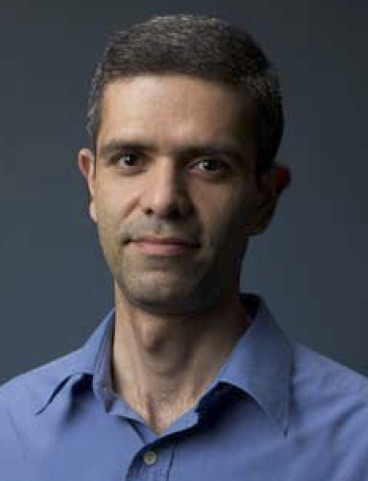
Shafigh Mehraeen
Associate Professor
Chemical Engineering
Email: tranzabi@uic.edu
Website: Molecular Simulations Lab
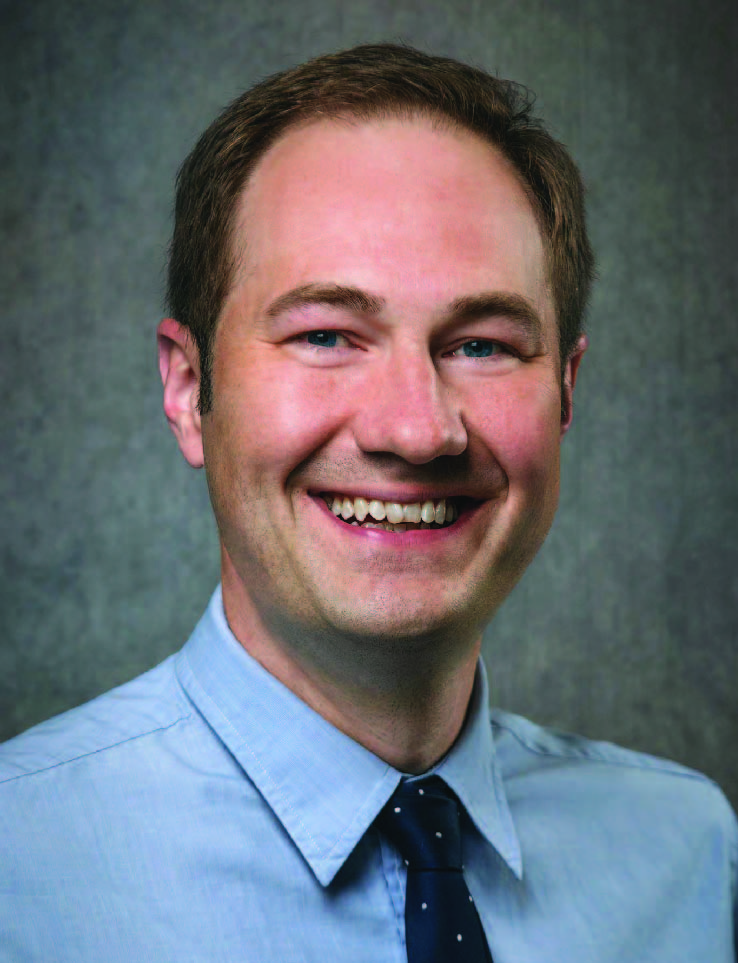
Joseph Michaelis
Associate Professor
Learning Sciences, and Computer Science
Email: jmich@uic.edu
Website: UIC LIT Lab
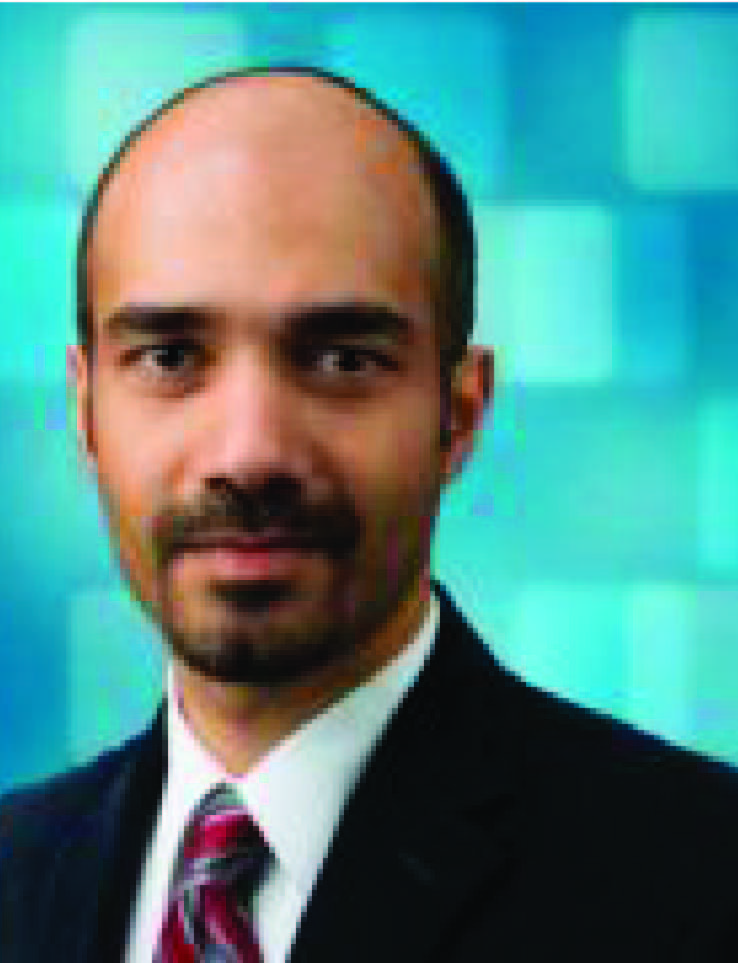
Hamed Hatami-Marbini
Associate Professor
Mechanial and Industrial Engineering
Email: hatami@uic.edu
Website: Computational Biomechanics Research Lab
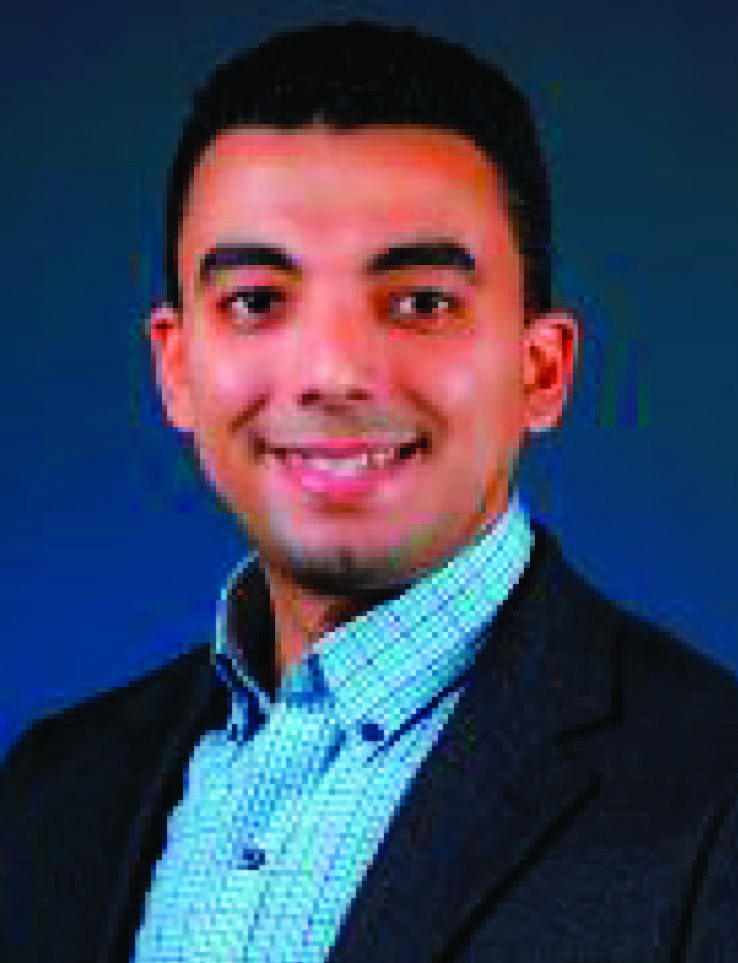
Ahmed Abokifa
Assistant Professor
Civil, Materials, and Environmental Engineering
Email: abokifa@uic.edu
Website: Smart Water Infrastructure Modeling Lab
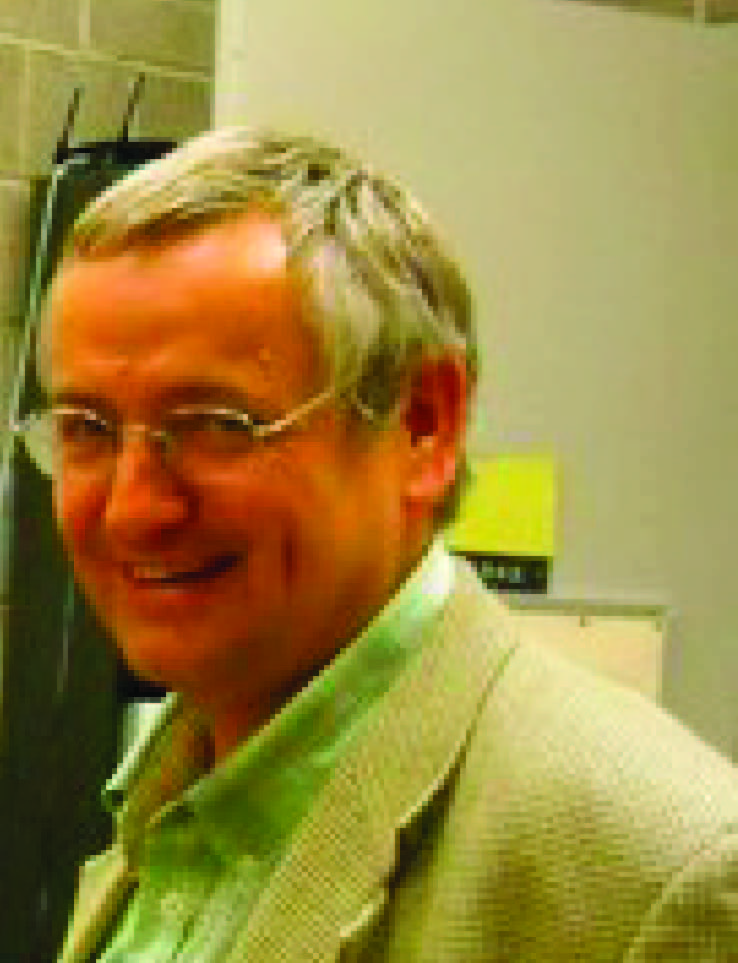
Petr Kral
Professor
Chemistry, Physics, Pharmaceutical Sciences, and Chemical Engineering
Email: pkral@uic.edu
Website: Petr Kral Research Group
RET Teaching Modules, 2025
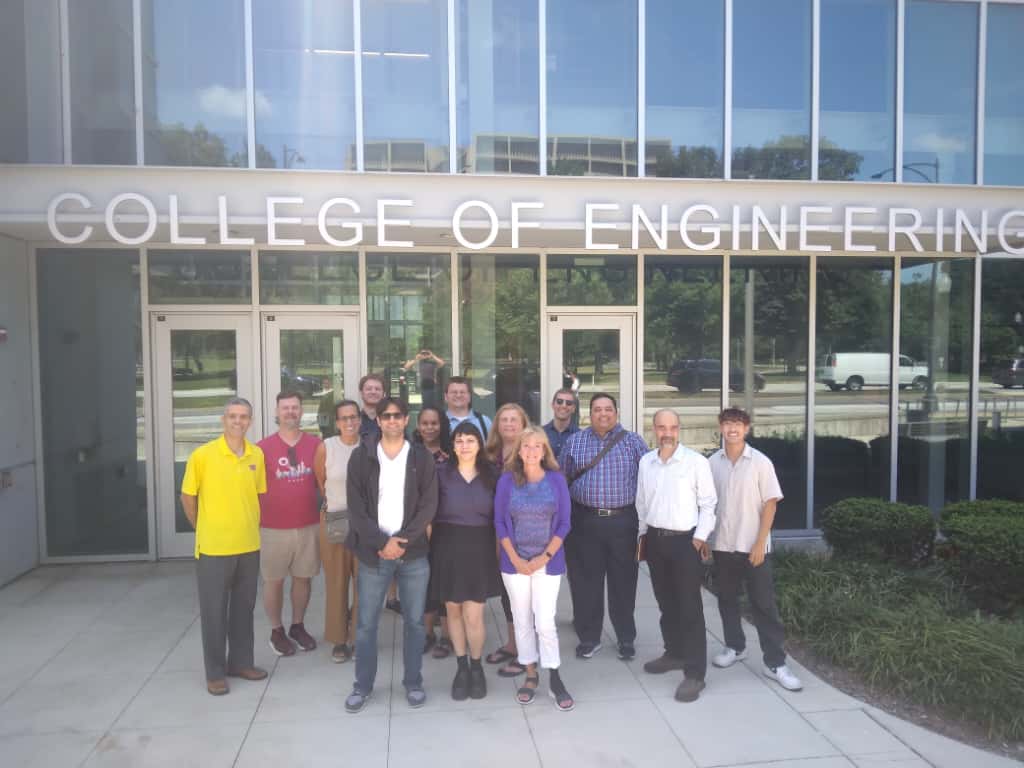
Each participating teacher created a multi-day instructional module, complete with supporting resources, that is directly informed by the research they engaged in during the program. Teachers not only implement this module in their own classrooms and gather data on its effectiveness, but also have the opportunity to disseminate it broadly through this website for the RET at UIC, extending the impact of their work beyond the local level.
Module 1: Finite Element Analysis (designed for high school mathematics and science)
by Ann Kuenster, Whitney M Young Magnet High School, Chicago, IL (pdf)
Module 2: Biomechanical Analysis (designed for high school mathematics and science)
by Ashwin Mohan, Illinois Mathematics and Science Institute, Aurora, IL (pdf)
Module 3: Ion Polarization (designed for high school science)
by William Werenskjold, Lane Tech College Prep, Chicago, IL (pdf)
Module 4: Understanding Drinking Water Distribution using EPA Net Software (designed for high school science)
by Daria Prawlocki, Neuqua Valley High School, Naperville, IL (pdf)
Module 5: Resource Scheduling and Allocation Optimization (designed for high school mathematics)
by Hiu Kao, Hinsdale Central High School, Hinsdale, IL (pdf)
Module 6: Modeling Our Learning Using Computational Thinking and Simulation to Understand Growth in Transitional Mathematics f(designed for high school mathematics)
by Denise Long, Gwendolyn Brooks College Prep, Chicago, IL (pdf)
Module 7: Monitoring Water Distribution Systems (designed for high school mathematics, science, and engineering)
by Hope Nye, Lane Tech College Prep, Chicago, IL (pdf)
Module 8: Analyzing Chlorine Decay Using EPANET Software (designed for high school science and engineering)
by Jane Gorninski, Illinois Mathematics and Science Academy, Aurora, IL (pdf)
Module 9: Enzymes (designed for high school biology)
by Jeffrey Malik, Rabbi Oscar Fasman Yeshiva High School, Chicago, IL (pdf)
Module 10: Predicting Free Throws with Machine Learning (designed for high school science)
by Jenny Hong, William Fremd High School, Chicago, IL (pdf)
Module 11: Finite Element Analysis of Materials (designed for high school science)
by Josilyn Valencia, World Language High School, Chicago, IL (pdf)
Module 12: Biomedical Engineering (designed for high school science and engineering)
by Azra Wagner, Maine South High School, Chicago, IL (pdf)
Module 13: Why Modeling? (designed for high school science and engineering)
by Michael Greco-Mulligan, Simeon Career Academy, Chicago, IL (pdf)
Module 14: Mixing with Water (designed for high school science)
by Robert Bartlet, Lane Tech College Prep, Chicago, IL (pdf)
Module 15: Utilizing Computational Modeling and Simulations to Simulate and Understand Complex Processes (designed for high school science)
by Samuel Silver, John Hersey High School, Chicago, IL (pdf)
Module 16: Algorithm Efficiency, Linear vs. Binary Search (designed for high school computer science)
by Scott Underreiner, Whitney M Young Magnet High School, Chicago, IL (pdf)
Module 17: Introduction to Estimated Solutions (designed for high school mathematics and science)
by Thomas Davidsmeier, John Hersey High School, Chicago, IL (jupyter notebook)


